-
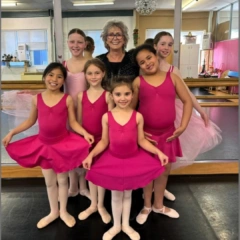
“The difficulty of it was, I went through all of that, and it didn’t work.”
Chere Diagnosed with myeloma -
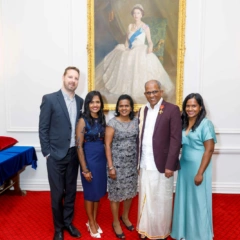
“It was very hard for my daughters. Initially, they were scared, and they couldn’t accept it.”
George Diagnosed with myeloma -
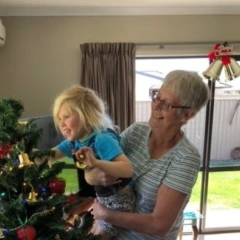
"I was so relieved because I knew once they found something, we could work with it."
Ann Diagnosed with enteropathy-associated T-cell lymphoma -
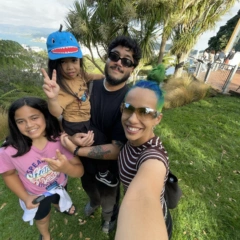
"Dance saved me – it’s in my blood."
Daphne Diagnosed with Hodgkin lymphoma -

"I think it’s about time that I actually go find out what’s happening. Because now it doesn’t feel like anaemia. It feels like something else.”
Tanya Diagnosed with acute lymphoblastic leukaemia (ALL) -
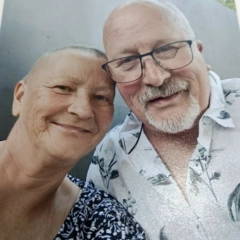
"One doctor told me that if I hadn’t gone to get sorted when I did, I may have only had another fortnight, if I was lucky. That was a wake-up call."
Diane Diagnosed with acute myeloid leukaemia (AML) -
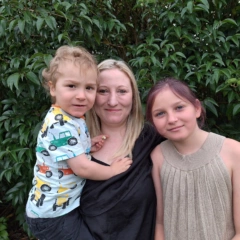
“We can’t go to playgrounds where Tommy can play with other kids. We’ve got to keep driving until we see a playground with nobody on it – it’s sad.”
Tommy Diagnosed with acute lymphoblastic leukaemia (ALL) -

“She sat me down and said, ‘If you don’t have a transplant, you’re not going to make it through the year.’”
Emma Diagnosed with GATA 2 deficiency -
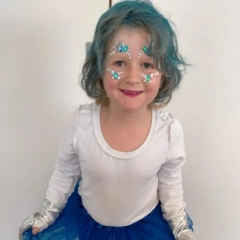
"It’s hard to look back on that day. It’s almost like a story that I tell myself."
Ayla Diagnosed with acute lymphoblastic leukaemia (ALL) -
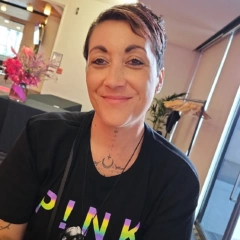
“I didn’t know what she wanted to talk about. And then she gave me eight weeks to live.”
Kelly Diagnosed with myeloma -
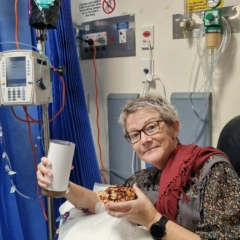
“I’ve got amazing friends and family – they’ve all been there when I’ve needed them… And sometimes just being there is the best thing they can do.”
Sue Diagnosed with myeloma -
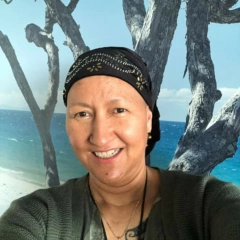
“They said, ‘If you go home, Vonda, you’ll be dead in 72 hours.’”
Vonda Diagnosed with acute myeloid leukaemia (AML) -
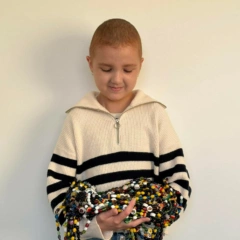
“Then we were at the point we’re at now, which was staring down our final treatment option – the second transplant.”
Frankie Diagnosed with acute lymphoblastic leukaemia (ALL) -
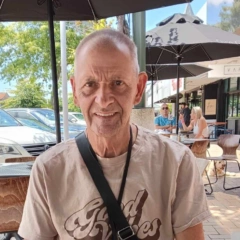
"I said to the doctor, ‘I can tolerate pain. But I can’t tolerate this.’”
Steve Diagnosed with Burkitt lymphoma